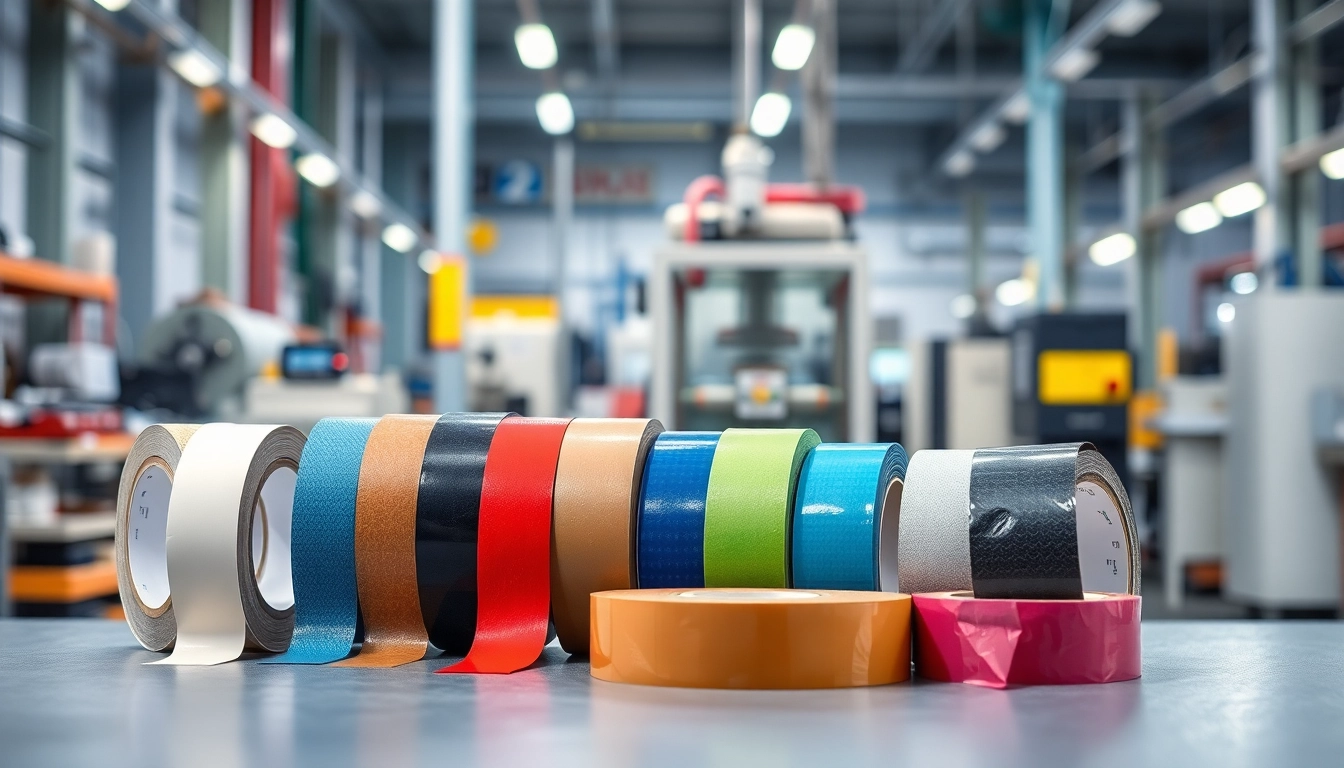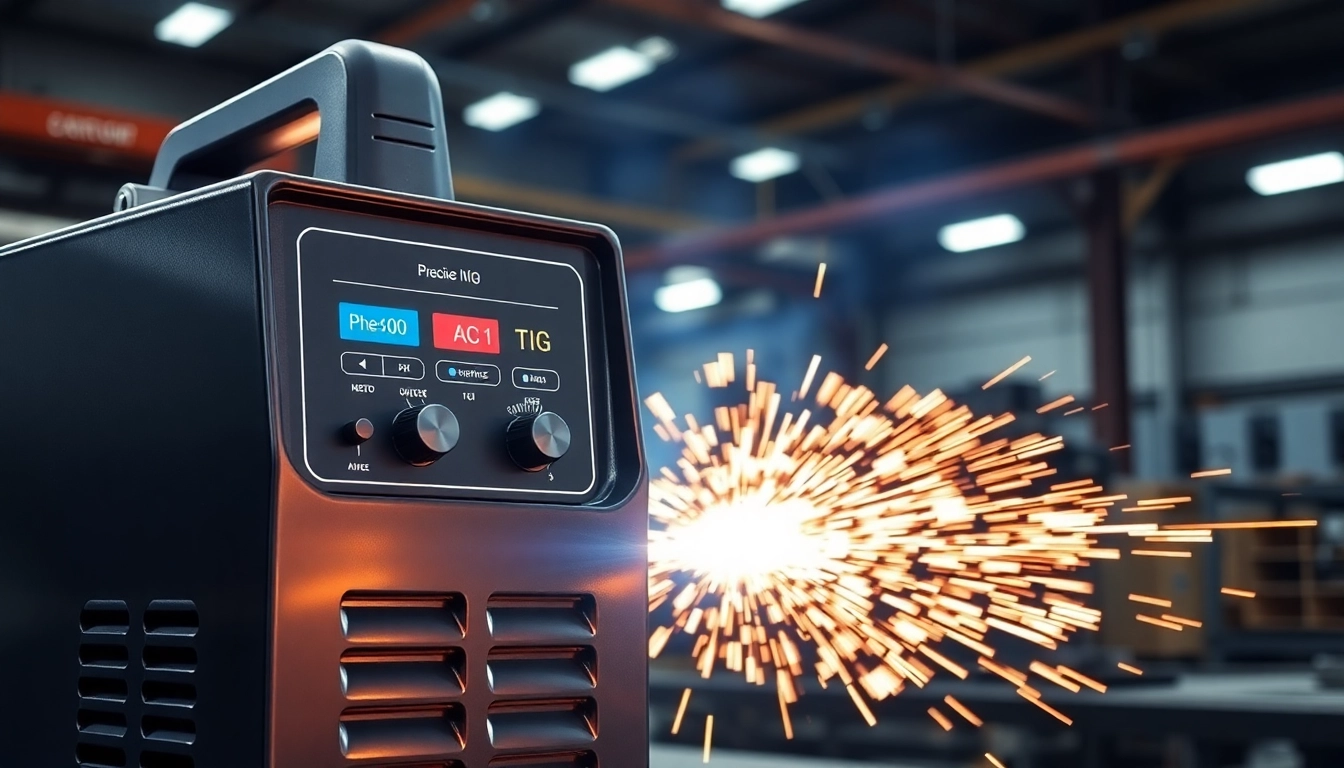Introduction to UK Industrial Tapes
Industrial tapes serve as an indispensable component in a myriad of applications across various sectors, especially in the UK market. The versatility, reliability, and performance of these materials make them essential for manufacturing, construction, automotive, and many other industries. In this article, we will delve into the diverse types and uses of UK industrial tapes, explore their manufacturing processes, and understand their benefits to maximize efficiency and innovation in your operations.
Overview of Types and Uses
UK industrial tapes can be broadly classified into several categories based on their composition, adhesive properties, and intended use. Here are some common types:
- Pressure Sensitive Tapes (PST): These tapes adhere to surfaces upon application of pressure, eliminating the need for water, heat, or solvents. They are widely used in packaging and mounting applications.
- Double-Sided Tapes: Featuring adhesive on both sides, these tapes are ideal for bonding materials without visible adhesive lines. They find extensive use in signage and displays.
- Masking Tapes: Essential for painting and spray operations, masking tapes protect surfaces from overspray and provide clean lines in finished projects.
- Electrical Tapes: Specially designed for insulating electrical wires, these tapes are crucial in providing safety and compliance in electrical applications.
- Foam Tapes: These tapes add cushioning and insulation, making them perfect for sealing and bonding applications.
Each type has its specific applications that cater to the varied demands of industries, thus ensuring the appropriate solutions meet the operational needs of businesses.
Materials and Manufacturing Processes
The manufacturing of UK industrial tapes involves the selection of materials that dictate performance, durability, and application suitability. Common materials used include:
- Polypropylene: Known for its excellent resistance to moisture and chemicals, it is commonly used in packaging tapes.
- Polyvinyl Chloride (PVC): Offering exceptional strength and versatility, PVC is popular in electrical and construction tapes.
- Paper: Used primarily for masking and lightweight applications, paper tapes provide eco-friendliness alongside effective adhesion.
- Foam: Used for cushioning and sealing, foam tapes are often employed in automotive and HVAC applications.
The manufacturing process typically involves:
- Coating: A layer of adhesive is applied to the backing material using various methods such as extrusion, transfer, or direct coating.
- Curing: The adhesive may be subjected to heat or UV exposure to enhance its bonding characteristics.
- Cutting: The finished product is cut to desired lengths and widths, ready for application.
Benefits of Using UK Industrial Tapes
Employing UK industrial tapes offers numerous advantages across industries:
- Efficiency: Tapes facilitate faster assembly and repair processes, saving time and labor costs.
- Precision: Many types of tapes provide accurate and clean lines, essential for projects that require aesthetic finishes.
- Versatility: The multifaceted uses of tapes span across different fields; they can adhere to various surfaces including rough, smooth, and irregular textures.
- Strength: High-performance tapes offer robust adhesion strengths that can withstand heavy loads and long periods of use.
- Cost-Effectiveness: Tape solutions often eliminate the need for additional bonding materials, minimizing overall project expenses.
Applications of UK Industrial Tapes in Various Industries
The applications of UK industrial tapes span a wide spectrum, with each industry leveraging their specific qualities to achieve optimal results.
Construction and Renovation
In the construction sector, various types of UK industrial tapes are essential for surface protection, sealing, and insulation. Specific applications include:
- Masking Tapes: Used to protect areas during painting and renovation, ensuring clean edges and protecting adjacent surfaces.
- Sealing Tapes: Critical in the installation of windows and doors, these tapes provide thermal insulation and guard against moisture.
- Flooring Tapes: Used to secure carpet tiles and vinyl flooring effectively, ensuring minimal movement and long-term adherence.
Automotive and Aerospace
The automotive and aerospace industries utilize UK industrial tapes for their lightweight properties and high adhesion strengths. Uses include:
- Electrical Insulation: Ensuring safety and compliance in electrical wiring systems.
- Body Shop Tapes: Employed during painting processes to ensure crisp finishes and prevent overspray.
- Windshield Sealing: Providing secure fittings and water and air resistance.
Packaging and Shipping Solutions
Packaging is one of the most prevalent applications of tapes. In this sector, various types of UK industrial tapes are used for:
- Sealing Boxes: Strong adhesive tapes ensure product safety during transit by securing packages tightly.
- Branding: Custom printed tapes can serve dual purposes – securing packages while promoting company branding.
- Reinforcement: Heavy-duty tapes provide additional strength for packages containing heavy or fragile items.
Choosing the Right UK Industrial Tapes for Your Needs
Choosing the best tape solution requires an understanding of the specific application requirements. Below are factors to consider when selecting UK industrial tapes.
Factors to Consider
Key factors include:
- Surface Type: Different tapes adhere best to specific surface textures; evaluate if your surface is porous, smooth, or textured.
- Temperature Resistance: Consider the operating conditions; certain tapes can endure high or low temperatures, while others may not.
- Adhesive Type: Solvent-based and water-based adhesives offer different strengths and environmental resistances.
- Thickness: Thicker tapes often provide greater durability, while thinner options may be more flexible.
Application-Specific Recommendations
Different applications may require tailored tape solutions:
- For Electrical Applications: Look for electrical insulation tapes that comply with safety standards.
- For Construction: Opt for strong masking tapes that ensure clean lines during painting projects.
- For Packaging: Invest in heavy-duty packaging tapes that can handle varying weights and shipping conditions.
Common Mistakes to Avoid
To ensure optimal results, avoid the following common pitfalls:
- Ignoring Surface Preparation: Not cleaning surfaces thoroughly can reduce adhesion; make sure to remove dust and oils.
- Incorrect Tape Selection: Always match the tape type to the specific application; wrong choices can lead to failure.
- Neglecting Environmental Factors: Factors such as moisture and temperature can affect tape performance; consider these when applying.
Best Practices for Using UK Industrial Tapes Effectively
Understanding how to effectively use industrial tapes will help maximize their utility across applications.
Preparation and Surface Cleaning
Proper preparation of surfaces is essential for ensuring maximum adhesion. Before applying any tape:
- Clean the surface using appropriate cleaning agents; ensure it is free from dust, grease, or moisture.
- For rough surfaces, consider sanding to create a better adhesive transition.
Temperature and Environmental Considerations
Always check the temperature range in which the tape is expected to perform. For instance, under extreme conditions, specialized tapes may be required to prevent peeling or failure. Applying tape in ideal temperatures will optimize its performance.
Application Techniques and Tips
Utilizing correct application techniques can significantly improve performance:
- Apply Even Pressure: Ensure consistent pressure is applied during application to enhance bonding.
- Use Appropriate Tools: If necessary, use tape dispensers or cutting tools to maintain clean and accurate applications.
- Avoid Overlapping: Overlapping tape can lead to uneven surfaces or improper performance; apply tape straight and close together.
Trends and Innovations in UK Industrial Tapes
The market for UK industrial tapes is continuously evolving, with ongoing innovations and trends shaping their use.
Emerging Technologies and Materials
Advances in technology are driving the development of new materials and adhesive formulations. Innovations include:
- Smart Tapes: These tapes feature embedded technology to provide users data about performance metrics.
- Advanced Adhesives: New formulations enhance durability and allow application in challenging conditions.
Sustainable Options and Environmental Impact
As sustainability becomes a priority, manufacturers are increasingly developing eco-friendly tape solutions. Biodegradable tapes and products made from recyclable materials are on the rise, reflecting companies’ commitments to environmental stewardship.
Future Directions in the Industry
The future of UK industrial tapes is likely to see continued innovation driven by consumer needs for greater efficiency and performance standards. Ongoing research into adhesive chemistry and material science is expected to optimize tape properties while reducing environmental impact.
In conclusion, understanding the diverse types, applications, and processes associated with UK industrial tapes empowers industries to make informed choices. As technological advancements accelerate, being aware of emerging trends will aid businesses in optimizing their operations and embracing innovative solutions.



